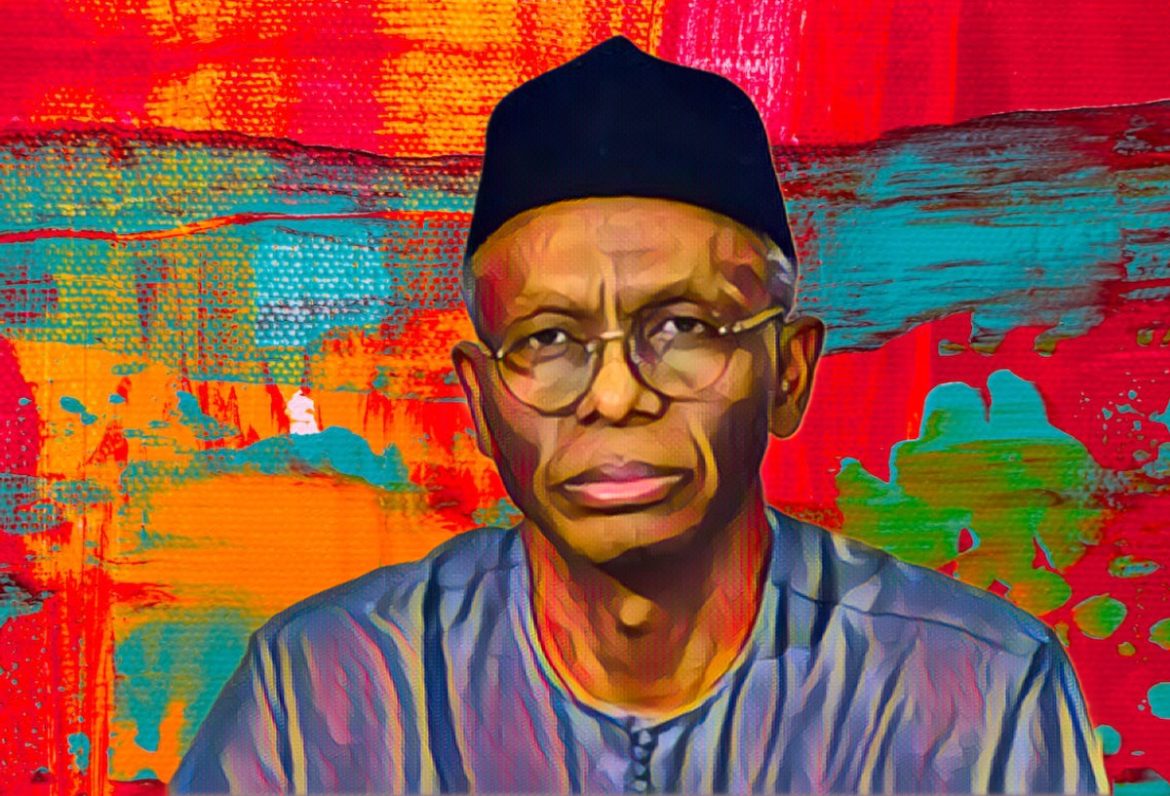Former Governor Nasir El-Rufai’s administration has strongly disputed allegations of financial misconduct made by his successor, Governor Uba Sani. The accusations, which claim the misappropriation of a huge sum of N423 billion, have been met with stern denouncements from El-Rufai’. The controversy stems from a report released by the Kaduna State House of Assembly, which El-Rufai’s former commissioners have criticized as deeply flawed and misleading.
Speaking through former commissioners at a press conference in Abuja, the ex-governor’s team described the allegations as baseless and concocted. They accused Governor Uba Sani of manipulating figures to tarnish El-Rufai’s reputation and his administration’s legacy. The disputed report, made public on June 5, 2024, was immediately criticized for its alleged inconsistencies and lack of evidentiary support.
The former commissioners highlighted several discrepancies in the report, particularly the figures related to the state’s revenues and expenditures during El-Rufai’s tenure from May 2015 to May 2023. They pointed out that the report’s numbers did not add up, citing examples where the same financial data were inexplicably altered within the document, raising questions about its accuracy and reliability.
“The report throws around a series of financial figures that appear to be randomly chosen to mislead the public and legislators,” said one of El-Rufai’s former commissioners during the press conference. “For instance, the state’s share of revenues was initially reported as N811.6 billion, but later in the report, it inexplicably jumps to N1.5 trillion without any explanation or justification.”
The commissioners also accused the report’s authors, particularly the ad-hoc committee of the Kaduna State House of Assembly, of engaging in what they called “voodoo accounting.” They argued that the committee failed to provide a clear methodology for how they arrived at the N423 billion figure alleged to have been embezzled, nor did they specify the sources or destinations of the diverted funds.
Moreover, El-Rufai’s team criticized the personal and political motivations behind the report, pointing out conflicts of interest among its authors. They noted that the Speaker of the Kaduna State House of Assembly, who presided over the session that adopted the report’s findings, had previously been investigated for financial irregularities himself. This, according to El-Rufai’s commissioners, compromised the integrity of the proceedings and the report’s conclusions.
In addition to addressing the financial allegations, El-Rufai’s former officials also raised concerns about the lack of attention given to other significant issues in the report. They were particularly critical of the oversight concerning the Central Bank of Nigeria’s Anchor Borrowers Programme, which they claimed involved substantial sums that were not accounted for in the state assembly’s investigations.
The press conference ended with a strong denial of all allegations of financial wrongdoing and a call for a more thorough and unbiased examination of the state’s finances. The former commissioners expressed their readiness to defend their actions during their tenure and insisted on their commitment to transparency and accountability.


